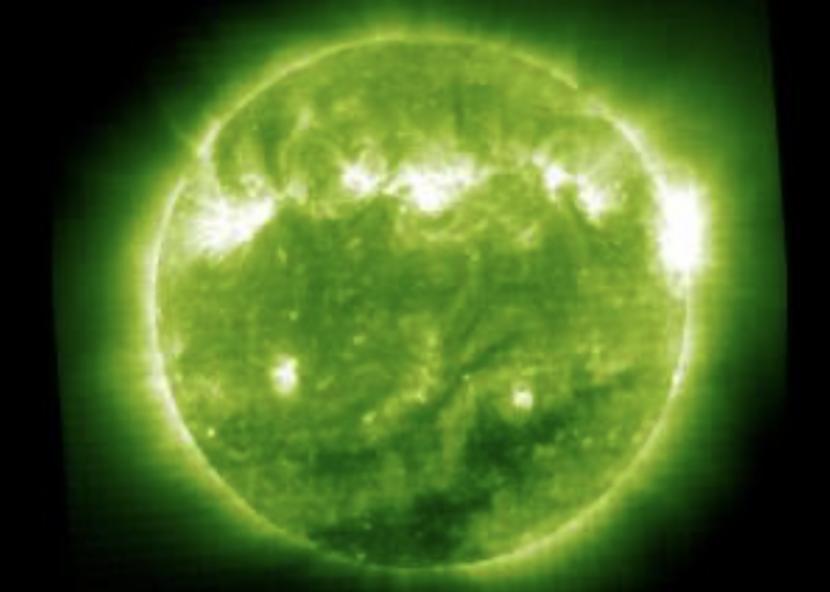Stellar activity affects the habitability of planets in their orbits.
REPUBLIKA.CO.ID, JAKARTA — A private space mission will study how solar flares produced by nearby stars can affect the habitability of exoplanets in their orbits. Reported by Spacethe mission, called Mauve, will be launched in 2024 by the private company Blue Sky Space.
The company is also developing a commercial exoplanet-monitoring satellite called Twinkle. Mauve will be carrying an ultraviolet spectrometer and a six-inch (15cm) telescope to observe stellar activity which is close to the sun.
Stars like the sun usually emit large amounts of energetic particles in the form of coronal mass ejections. This phenomenon affects the environment around stars, hitting nearby planets with powerful solar winds that can eat away at planetary atmospheres and sterilize their surfaces.
Astronomers will use Mauve to better understand how stellar activity affects the habitability of planets in their orbits.
“Mauve will transform us in helping us understand the flare behavior of a population of nearby stars, most of which are even more active than our sun,” Giovanna Tinetti, an astrophysicist at University College London.
“By monitoring other planet-hosting stars, we will also better understand the behavior of our own star, the sun, and their potential impact on Earth.”
Construction of the satellite, scheduled for launch in 2024, will begin in November. The spacecraft and its instruments will be built in collaboration with the Hungarian manufacturer C3S LLC and the ISISPACE group in the Netherlands.
‘Mauve will open up new opportunities for astronomical and planetary research and generate greater access to currently very rare stellar (ultraviolet) data,’ said Italian astronomer Giuseppina Micela of the INAF Observatory in Palermo.


